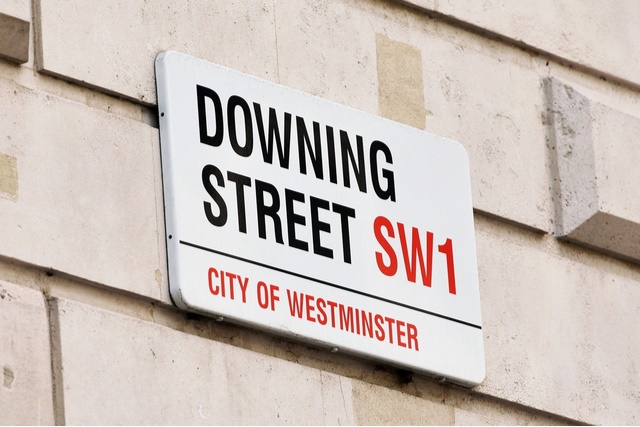GBP/USD Exchange Rate Slumps on Reports Government Will Prorogue Parliaments
The Pound US Dollar (GBP/USD) exchange rate is falling sharply today, on the back of reports that the UK government will seek to prorogue government.
At the time of writing the GBP/USD exchange rate is trading at around $1.2202 this morning, down around 0.6% from today’s opening levels.
How Will the Suspension of Parliament Impact the Pound (GBP)?
The Pound (GBP) has been met by a heavy sell-off this morning on the back of reports indicating that the UK government plans to prorogue parliament.
The BBC reports Boris Johnson’s government will ask the Queen to suspend parliament early next month, to allow the new administration to hold a Queen’s speech to outline the government’s future policy.
However this means that Parliament will sit for just a few days after MPs return from their summer recess, leaving MP’s little time to pass legislation to block a no-deal Brexit.
Sterling previously strengthened this week as opposition parties announced that they had agreed a strategy to prevent a no-deal Brexit through legislative measures.
These gains have effectively been wiped out today as the government’s move to prorogue parliament is thought to have greatly increase the chances of a no-deal Brexit.
Its likely Sterling will now face a sell-off bias over the next couple of months as UK politics become increasingly turbulent as the UK faces a cliff-edge Brexit.
Trade Uncertainties Continue to Influence the US Dollar (USD)
At the same time, movement in the US Dollar is a little more mixed in broader trade as a result of the ongoing uncertainty surrounding the US-China trade dispute.
The US is currently set to raise tariffs on $300bn worth of goods from China from 10% to 15% on 1st September, with China due to respond with retaliatory tariffs of between 5% and 10% on $75 work of US goods.
Hopes of the two powers striking a deal on trade have fallen sharply in recent days after Donald Trump called for US companies to quit China.
The US Dollar has fluctuated in response as markets fear the dispute is pushing the US economy towards a recession and could prompt the Federal Reserve to introduce fresh stimulus measures in an effort to prevent this.


Comments are closed.